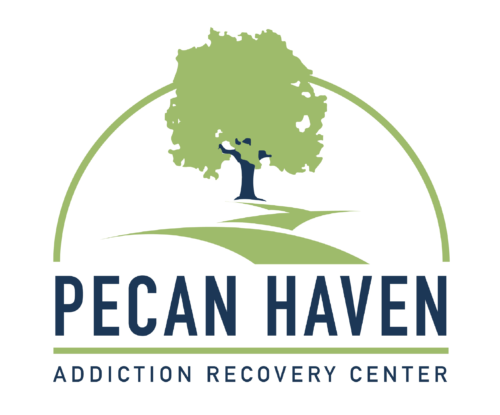Seeking recovery from addiction requires a lot of courage. If you stick with it, it can be a transformative journey that brings a lot of amazing things into your life. However, it’s important to acknowledge how difficult the road to long-lasting sobriety can be.
Relapse is a common obstacle that many people struggle with, but gaining some insight into the specifics that may trigger a relapse could potentially help someone in recovery avoid falling prey to a relapse themselves.
Understanding the nature of addiction
Addiction is a complex, chronic disease that affects the brain and behavior. In simple terms, it alters brain chemistry, leading to intense cravings and compulsive substance use.
Overcoming addiction requires essentially rewiring the brain and developing new coping mechanisms to handle life’s difficulties. This process can take a long time and a lot of effort– the process of recovery is no joke.
Physical vs. psychological dependence
Addiction can foster both physical and psychological dependence. The body becomes accustomed to the user’s substance of choice, which can lead to serious withdrawal symptoms when it is withheld. These physical symptoms can be uncomfortable– and depending on the substance and the severity of addiction, withdrawal can be fatal.
Additionally, a user’s psychological dependence and emotional attachment to the substance can trigger cravings that are extremely difficult to overcome, making it incredibly challenging to resist relapse.
Triggers and temptations
Recovery involves navigating a world filled with triggers and temptations. People, places, or situations associated with substance use can evoke strong cravings and trigger a desire to return to old habits– even if the user intellectually knows this is a bad idea.
Recognizing and managing these triggers is an ongoing process that requires self-awareness and the development of a healthy set of coping strategies.
In early recovery, it’s a good rule of thumb to avoid the people, places, and things that you used to do while using your substance of choice.
Emotional and mental health issues
Many individuals struggling with addiction also face underlying emotional and mental health issues. Substance use may have served as a way to cope with these challenges in the past.
During recovery, individuals must address and manage these co-occurring disorder, which can complicate the journey– but developing successful coping strategies and treatment plans for mental health issues that contribute to problems with addiction can be a life-changing experience.
Stress and life transitions
Any instances of stress, or major life transitions, can trigger vulnerability and negative feelings while increasing the risk of relapse. Major life events include loss of loved ones, divorce, job changes, or financial difficulties. These events can disrupt hard-won stability for people in recovery, and can put them at a higher risk of relapse.
Health coping mechanisms and a strong, reliable support system can help people navigate these challenges without a relapse.
Long-term commitment and relapse prevention
Recovery from addiction is a very difficult process. Understanding the root causes behind the addiction issues can help to provide individuals with the tools that they need to navigate these obstacles successfully.
By recognizing the nature of addiction, addressing triggers and temptations, managing co-occurring disorders, and seeing professional help, individuals can overcome the challenges of addiction and enjoy a life of long-lasting sobriety.
If it’s time for you or a loved one to seek professional help with your addiction struggles, Pecan Haven might be the right place for you. To learn more, simply give us a call, or fill out our online assessment.
